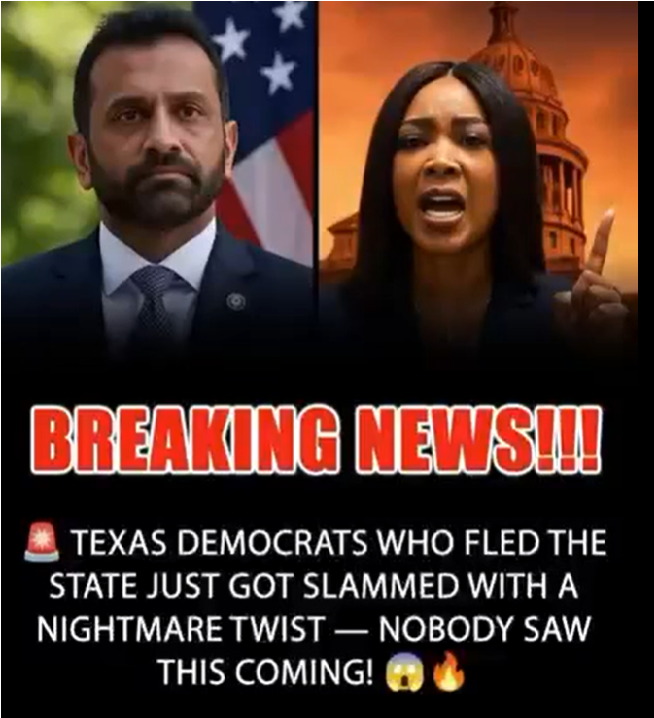A complex clash involving political activism, campaign finance regulations, and legislative responsibilities has escalated into a notable legal dispute. This case highlights key tensions about the proper limits of political backing versus potential legal breaches. A recent court ruling has brought these concerns into sharp relief, setting a precedent that scrutinizes how fundraising efforts overlap with legislative duties and whether certain political support activities may violate state election and ethics laws.
This legal conflict goes beyond a simple political rivalry; it raises broader issues regarding acceptable forms of political opposition, the boundaries of lawful fundraising, and the enforcement of rules governing the interplay between activism and legislative roles. The matter has garnered considerable attention from legal professionals, political analysts, and activists from various perspectives on democratic engagement and accountability.
The Court Ruling and Its Basis
Tarrant County District Judge Megan Fahey issued a temporary restraining order, marking a significant legal move amid ongoing tensions between political advocacy and regulatory compliance. Released on a Friday evening, the order underscores the urgency state officials place on addressing what they claim are breaches of established laws concerning political fundraising and legislative support activities.
Judge Fahey’s written ruling expressed particular concerns about “illegal fundraising methods” and the “use of political contributions in ways that either directly break or cause Texas Democratic legislators to breach [the law].” This wording suggests the court found signs of not only direct legal violations but also the risk of prompting others to break the law.
The judge’s statement that “Donors continue to suffer irreparable harm due to these unlawful actions as their political contributions are being diverted to personal expenses in violation of state statutes” reflects worries about protecting contributors and ensuring political funds are used appropriately. This consumer protection aspect adds a layer of complexity beyond standard election law issues.
The swift timing of the order, coming just hours after the complaint was filed, indicates the court viewed the allegations as urgent, necessitating immediate halting of the challenged activities. Temporary restraining orders are typically reserved for cases where ongoing harm must be stopped without delay.
Background of the Dispute
The case originates from events surrounding Democratic lawmakers who fled Texas to block quorum on redistricting legislation, creating a rare scenario where political support for their absence intersects with multiple legal frameworks covering campaign finance and political activities. Understanding this context is essential to grasp both the specific charges and their wider significance.
Attorney General Ken Paxton’s office initiated this lawsuit as part of a broader probe into the financial support systems that enabled the legislators to stay away from the state capitol for prolonged periods. The investigation suggests state officials believe this is part of a broader pattern of potential legal violations rather than isolated actions.
The scrutinized expenditures include funding for flights, accommodations, logistical support, and daily fines tied to the lawmakers’ absence. These categories raise different legal questions, with some potentially qualifying as legitimate political expenses and others possibly constituting impermissible personal benefits under campaign finance laws.
Multiple organizations and funding sources involved in backing the absent legislators have created a complex network of financial transactions that state officials argue may breach laws regulating political donations, personal use of funds, and coordination among political groups.
About the Nonprofit Involved
The nonprofit at the center of the case, Powered by People, represents a type of political advocacy group increasingly prevalent in American politics. These groups typically operate at the intersection of issue advocacy, voter mobilization, and direct political support, raising challenging legal and ethical questions about their activities and funding.
According to publicly available information and court filings, the group focuses on voting rights and election-related activism. While such efforts generally enjoy strong First Amendment protections, they must still adhere to various laws governing political fundraising and conduct.
Authorities allege the organization’s support for the absent legislators crossed legal lines by providing what they consider personal financial benefits rather than legitimate political advocacy. Distinguishing between lawful political support and improper personal benefit is a crucial legal point affecting many political organizations.
The nonprofit’s fundraising tactics and donor communications are also under examination, with allegations that contributors were misled about how their donations would be used. This consumer protection dimension complicates the case and could influence regulatory and judicial evaluations.
Legal and Regulatory Context
Texas election and ethics regulations create detailed rules governing political contributions, allowable uses of funds, and the responsibilities of political actors to report and comply with substantive requirements. Understanding these rules is key to assessing the legal challenge and its broader implications.
Campaign finance laws generally prohibit using political donations for personal expenses, though the application of this rule can be complex when political activities involve travel, lodging, and other expenses with both political and personal aspects. Applying these regulations to the support of absent lawmakers raises novel legal questions.
Ethics laws regulating officials and their supporters add further regulatory layers. These laws address conflicts of interest, acceptance of gifts, and the proper relationship between official duties and private support.
Rules about coordination between political entities add another dimension. If multiple organizations or individuals collaborated to support the absent legislators, this coordination could trigger additional legal restrictions or disclosure requirements impacting the legality of their actions.



